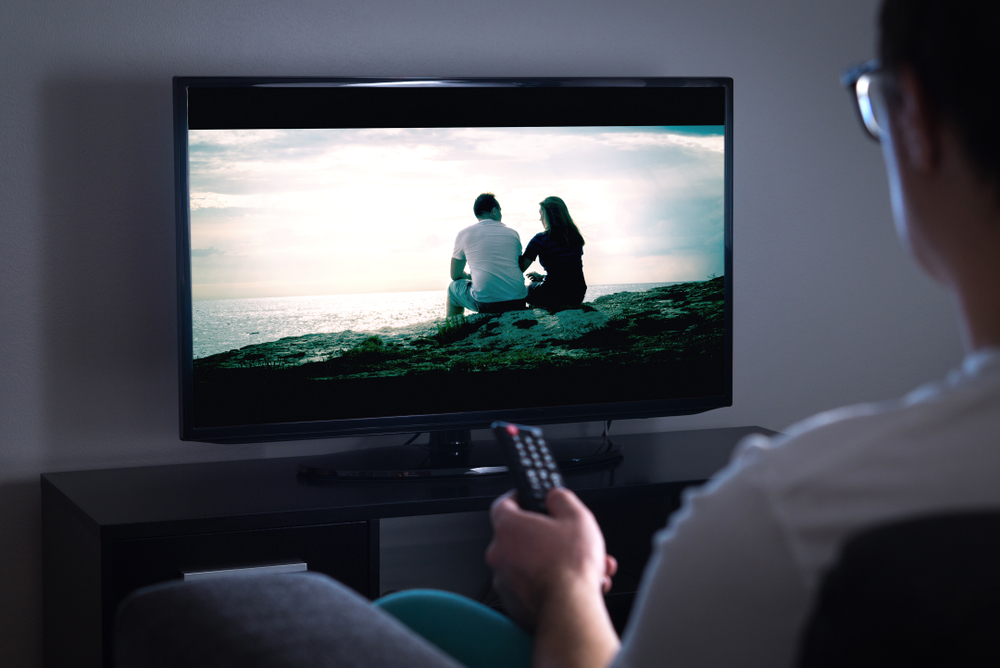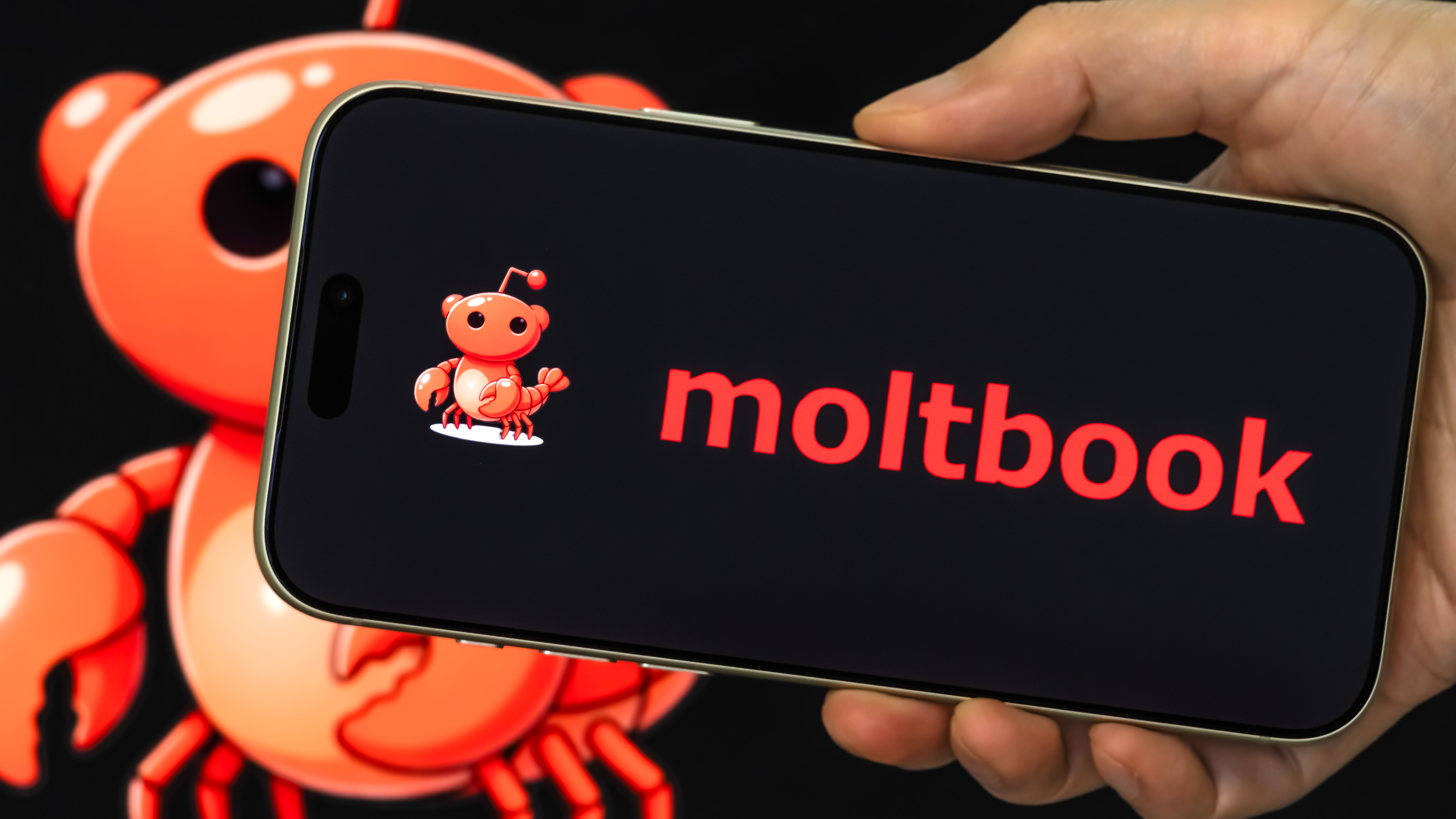One Fifth of Cable Subscribers Say They'll Cut the Cord in the Next Year
Less cable, more streaming

Here at Tom’s Guide our expert editors are committed to bringing you the best news, reviews and guides to help you stay informed and ahead of the curve!
You are now subscribed
Your newsletter sign-up was successful
Want to add more newsletters?

Daily (Mon-Sun)
Tom's Guide Daily
Sign up to get the latest updates on all of your favorite content! From cutting-edge tech news and the hottest streaming buzz to unbeatable deals on the best products and in-depth reviews, we’ve got you covered.

Weekly on Thursday
Tom's AI Guide
Be AI savvy with your weekly newsletter summing up all the biggest AI news you need to know. Plus, analysis from our AI editor and tips on how to use the latest AI tools!

Weekly on Friday
Tom's iGuide
Unlock the vast world of Apple news straight to your inbox. With coverage on everything from exciting product launches to essential software updates, this is your go-to source for the latest updates on all the best Apple content.

Weekly on Monday
Tom's Streaming Guide
Our weekly newsletter is expertly crafted to immerse you in the world of streaming. Stay updated on the latest releases and our top recommendations across your favorite streaming platforms.
Join the club
Get full access to premium articles, exclusive features and a growing list of member rewards.
Cable companies do their best to woo customers with the convenience of bundled TV, internet and phone service, and steep discounts for new customers. But not everyone is thrilled with their service, and a new Consumer Reports survey has found that one fifth of cable subscribers are looking to ditch cable completely in the coming months.
Of more than 100,000 respondents to the survey, a full 20 percent of those who currently pay for a cable subscription said the were very or extremely likely to drop it in the next year.
Cord-cutting, or dropping cable TV in favor of other content via antenna or online streaming, has steadily grown over the years. Earlier this year a study by Nielsen showed that cord cutting had grown by 48% over an eight-year period, with more than 16 million U.S. homes using over-the-air antennas and on-demand streaming services in 2018. With more content options available than ever before, frustrated cable customers have plenty of alternatives to cable TV.
Services like Netflix and Hulu offer on-demand viewing of thousands of shows and movies, while cable replacement services are also offering a cable-like experience to streaming customers, often for far less than traditional paid TV. And as smart TVs become more common, these streaming alternatives become more accessible to more households.
According to the Consumer Reports survey, some of the reasons cited for customers dropping traditional TV services included rising cable subscription costs, a drop in the perceived value of those services, and frustrations with cable billing.
As millions leave cable bills behind, the companies have an incentive to increase their rates to offset the diminishing customer base. But that tactic may not be having the desired long-term effect. Of the survey participants who had already cut the cord, 62% said the rising cost of cable was the reason they made the switch.
When promotional periods end, customers are usually shocked by the increase in price. And long term customers may find themselves ineligible for other advertised promotions simply because they've been a customer for an extended period of time. But even advertised rates climb 3 to 4 percent every year, and many customers are simply deciding the expense isn't worth it.
Get instant access to breaking news, the hottest reviews, great deals and helpful tips.

As people pay more for their cable service, the value of their subscription seems less impressive. Basic cable packages are filled with channels that may hold no interest for the subscriber, and spats between cable and satellite companies and the broadcasters that provide channel packages frequently disrupt service for mainstay channels.
The confusion doesn't stop there, either. While promotions and sales reps may cite one price for the service, it's hard to know what your monthly bill will actually be, since companies layer on service fees and add additional charges for equipment and features.
Confusing names for fees will often make it difficult to understand what services you're actually paying for, and services that customers would expect to have included in their main service may instead be added on top of any promotional rate. There's even a "local broadcast fee" that charges you for receiving the same local channels that you would get for free with an antenna.
These aren't isolated issues, either. More than 69% of telecom customers in the US have dealt with unexpected fees over the last two years, according to additional research by Consumer Reports.
Ironically, one of the things keeping many customers on their cable TV plan is the fact that their internet service provider is often the same company, and bundle deals that package internet with TV and phone service often provide the best rates for all three.
But cable companies may not want to rely too heavily on that tactic, either. Regardless of what customers were paying for their cable and internet package, every company in the survey was rated as offering subpar value.
Brian Westover is currently Lead Analyst, PCs and Hardware at PCMag. Until recently, however, he was Senior Editor at Tom's Guide, where he led the site's TV coverage for several years, reviewing scores of sets and writing about everything from 8K to HDR to HDMI 2.1. He also put his computing knowledge to good use by reviewing many PCs and Mac devices, and also led our router and home networking coverage. Prior to joining Tom's Guide, he wrote for TopTenReviews and PCMag.
 Club Benefits
Club Benefits






